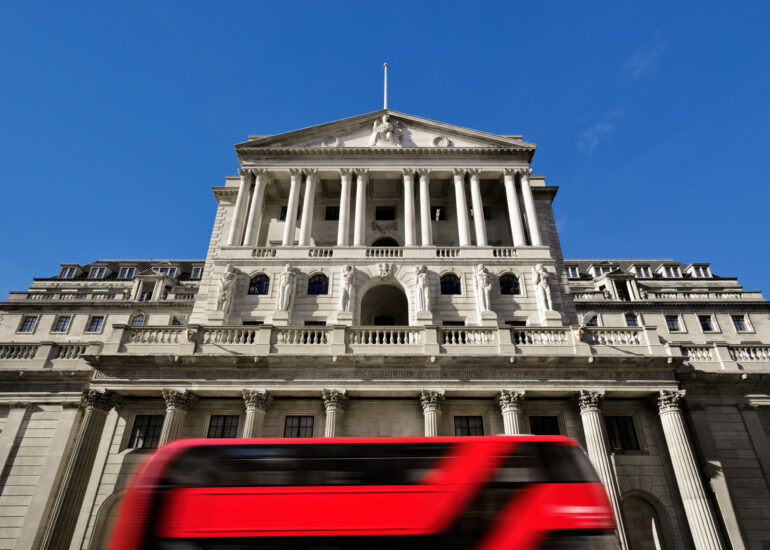Financial markets are pricing in 0.75% rate rise tomorrow, but economists think that an increasingly joined-up effort from the Treasury and the Bank of England should lead to lower long-term rates.
Recent data suggests earlier rate rises are having an effect, but Nicholas Hyett, investment analyst at Wealth Club said it was too early to call time on rate rises.
Hyett said: “The Bank of England’s modest 0.5% interest rate hike in October probably contributed to the market chaos caused by Liz Truss’ catastrophic mini-budget. It’s unlikely the Bank of England will repeat the mistake, and we expect rates to rise by at least the 0.75% the market is expecting.
“However, the overall economic picture is probably better now than it was a month ago. The bank may well feel it can ease its foot off the gas going forwards – with rates rising slower and ending lower than we might have thought even a few weeks ago.
“It helps that the government and bank are now pulling in the right direction. The Bank raises rates to curb inflation, by discouraging people from spending money. Rishi Sunak’s plans to raise taxes and cut public spending have the same effect. The recent stability in sterling reduces the need to hike rates to defend the currency too.
“Recent macroeconomic data suggests previous rate rises are starting to have an effect. House price growth has slowed and perhaps even started to reverse. Consumer lending more broadly is also falling as the general public look to nurse wallets and purses over what is set to be a difficult winter.
“It’s far too early to call time on rate rises, but at least the two giants of British economic policy, the Bank of England and HM Treasury, no longer look like they’re squaring up for a bare knuckle boxing match. A joined up effort should calm market nerves and could help mitigate the long-term pain.”




